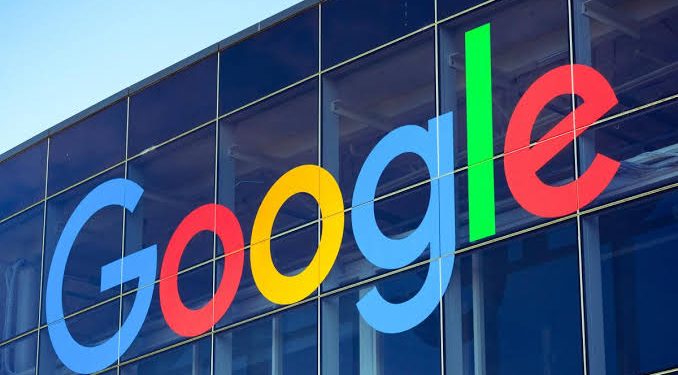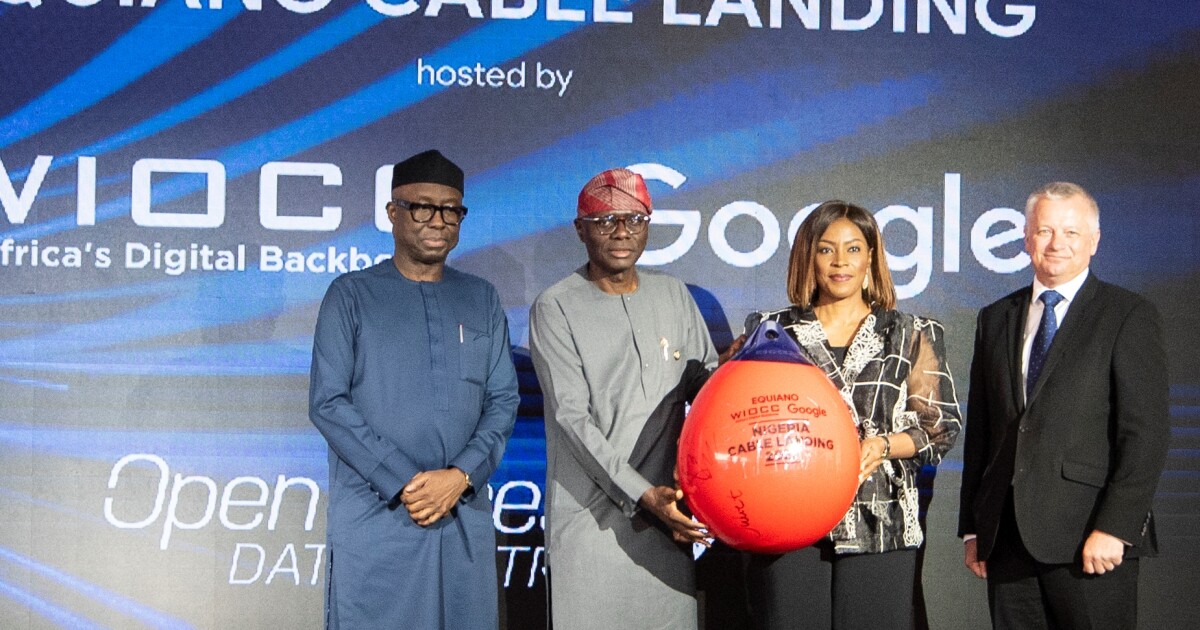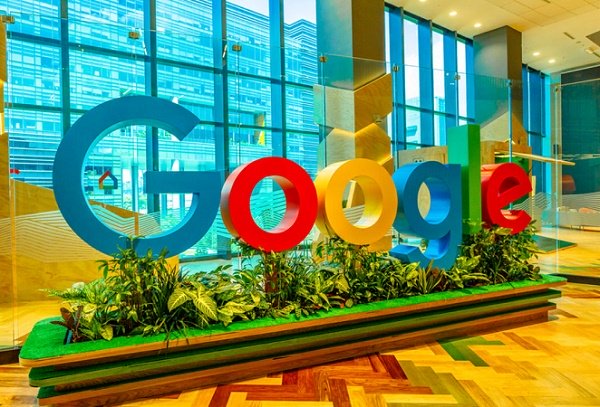Google has unveiled a major expansion of its Africa Connect program with plans to build four new subsea cable hubs that will strengthen Internet access across 18 African countries. The initiative, announced on September 18, 2025, is expected to reshape digital connectivity and support the continent’s growing demand for faster and more reliable infrastructure.
The planned subsea hubs will extend from Egypt to South Africa, linking key nations including Nigeria, Kenya, and Namibia. These hubs build on the existing Equiano cable system, which already supports four African countries by running along the western seaboard of the continent. By expanding coverage, Google is aiming to create a stronger backbone for Internet traffic that benefits both businesses and individuals.
The subsea projects join other strategic infrastructure, such as the Google Cloud region in Johannesburg and Umoja, the first direct fibre-optic route connecting Africa to Australia. Together, these projects form part of a wider commitment to transform Africa’s digital economy through reliable connectivity.
Beyond cables, Google is also committing $9 million to artificial intelligence research and training across African universities and research institutions. The investment will target up to 3 million students, equipping them with advanced AI skills to participate in the fast-growing technology market.
This effort adds to Google’s ongoing support for local institutions, which has already seen more than \$17 million allocated over the past four years for curriculum development, training, and access to compute resources. According to Google, the new round of funding will expand opportunities for African researchers to experiment with advanced AI models and contribute to global innovation.
Africa’s youth are driving rapid adoption of AI. A recent study found that 78 percent of young people on the continent use AI-powered tools weekly, with many exploring fields such as machine learning, data science, and cloud engineering. Nigeria, South Africa, and Kenya are leading the way in both talent development and investment inflows, attracting global interest in their growing tech sectors.
For startups and businesses, improved connectivity through subsea cables means better access to cloud services, smoother digital operations, and expanded opportunities for global trade. For students and researchers, access to training and funding signals an opportunity to shape Africa’s role in the next wave of technological breakthroughs.
Google’s new investments follow years of involvement in Africa’s digital transformation. The company has already helped connect over 100 million people to the Internet, trained more than 7 million individuals in digital skills, and supported startups across 17 countries with funding and incubation.
By combining large-scale infrastructure projects with direct investment in talent development, Google is reinforcing its position as a key partner in Africa’s digital journey. For many observers, the strategy reflects not just technology expansion, but also a recognition of Africa’s role as a rising hub for innovation and economic growth.










